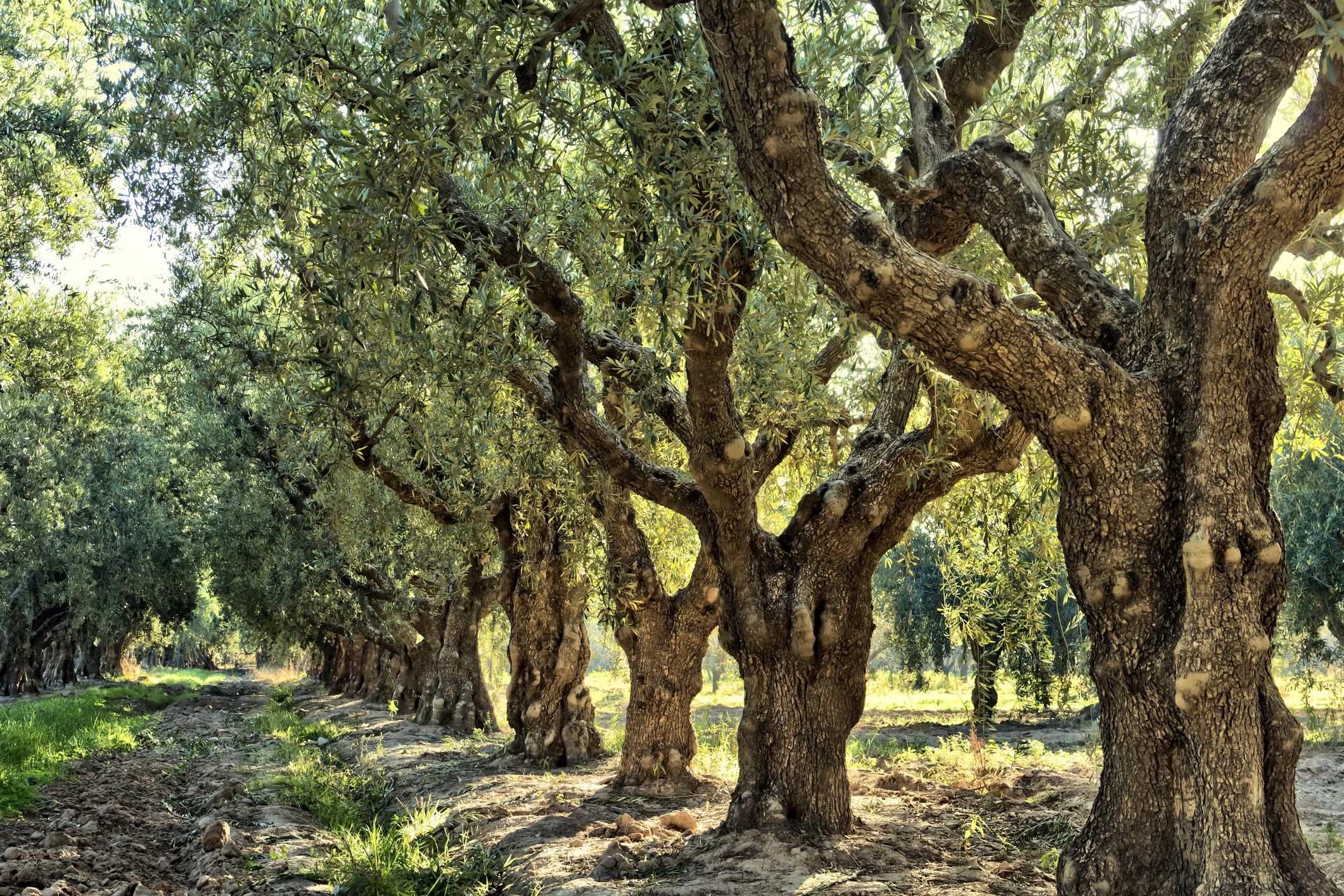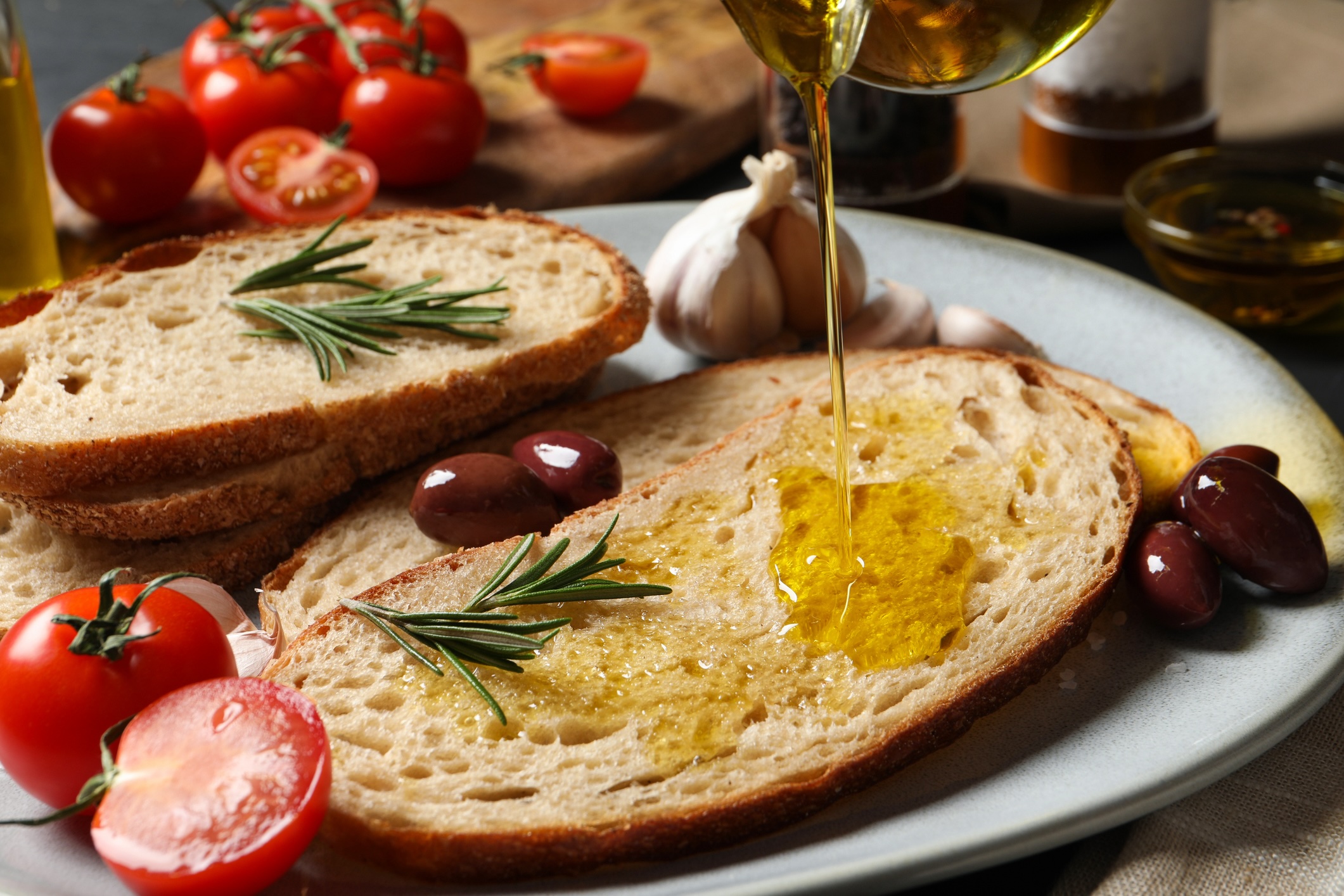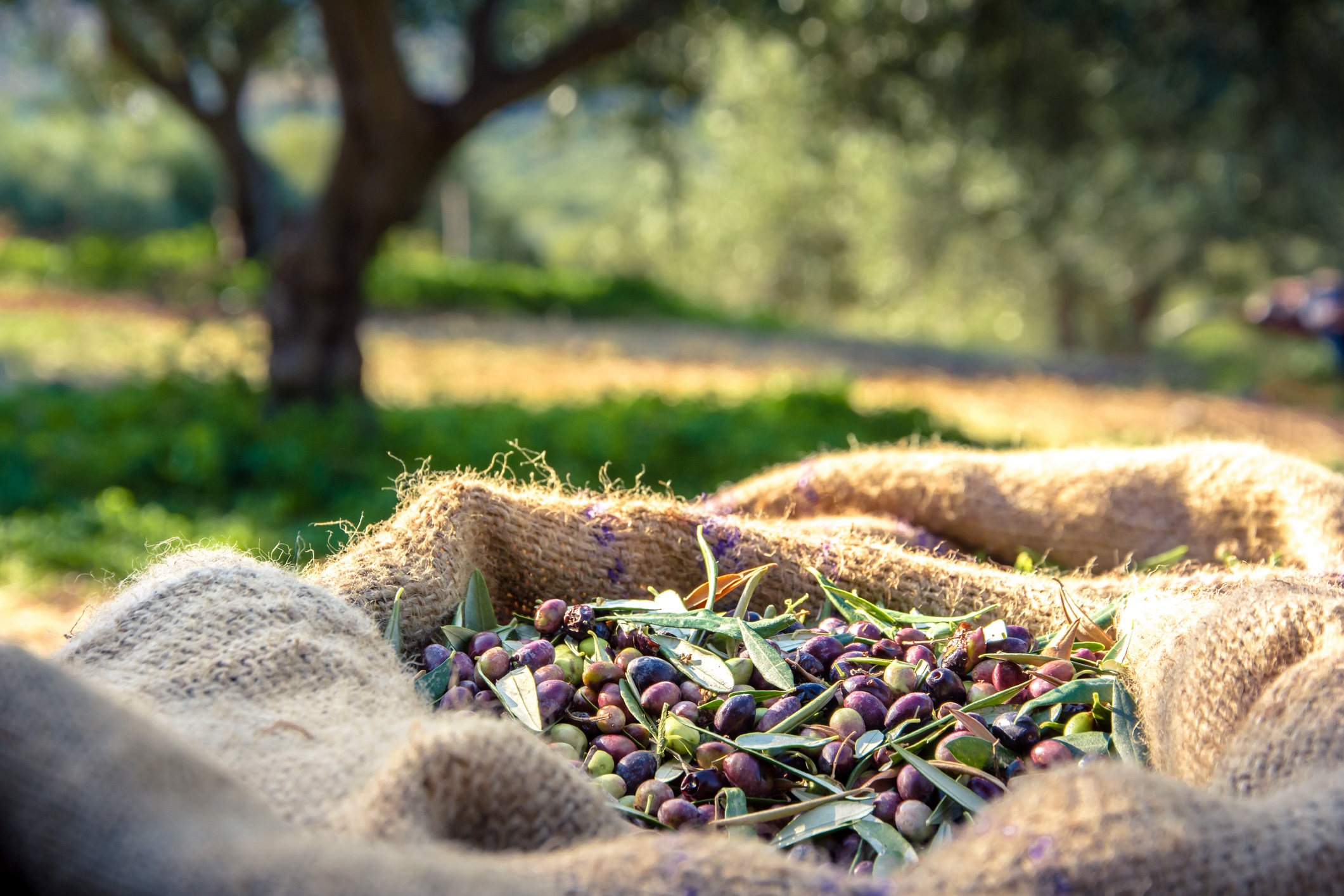Olive oil is more than just a staple ingredient in Greek cuisine; it’s a symbol of life, culture, and tradition that has shaped the way Greeks live and eat for thousands of years. Referred to as “liquid gold” by ancient Greeks, olive oil is central to the Mediterranean diet, but its importance goes far beyond its culinary uses. Whether you’re enjoying a simple plate of fresh bread dipped in extra virgin olive oil or learning about ancient olive trees in Crete, understanding the significance of Greek olive oil opens a window into the rich cultural tapestry of Greece.
1. A Brief History of Olive Oil in Greece
The history of olive oil in Greece dates back to ancient times, with archaeological evidence showing that olive trees were cultivated as early as 3,000 BC. The Minoans, who thrived in Crete, were among the earliest producers and traders of olive oil, using it not only for cooking but also for religious rituals, medicine, and skincare.
The olive tree was considered sacred, and its oil was seen as a gift from the gods. In mythology, the goddess Athena gifted the olive tree to the people of Athens, symbolizing peace and prosperity. The city of Athens was named in her honor, and olive oil became integral to religious ceremonies, athletic competitions, and everyday life.

2. Olive Oil Production: From Tree to Table
Greek olive oil is renowned for its quality, largely due to the climate and geography of the country. With its warm Mediterranean weather, Greece provides the perfect environment for olive trees to thrive. The country is home to more than 120 million olive trees, many of which are centuries old.
The most popular variety of olive used for oil production is the Koroneiki, which is grown primarily in Crete, the Peloponnese, and other regions of southern Greece. These small, resilient olives produce a robust, flavorful oil with a high polyphenol content, giving it antioxidant properties that make it not only delicious but also beneficial for health.
Harvesting olives in Greece typically occurs between November and January. The traditional method of picking olives by hand or using long sticks is still common, though modern harvesting techniques are also employed. Once harvested, the olives are taken to local mills, where they are cold-pressed to produce extra virgin olive oil, the highest grade of olive oil.
3. Olive Oil in Greek Cuisine
It’s hard to imagine Greek food without olive oil. From drizzling it over fresh salads and grilled vegetables to using it in hearty stews, olive oil is a cornerstone of Greek cuisine. One of the most famous dishes that showcases olive oil’s flavor is the Greek salad (horiatiki), made with tomatoes, cucumbers, onions, olives, feta cheese, and a generous splash of olive oil.
Olive oil is also the base of ladera dishes, a category of traditional Greek vegetarian meals cooked entirely with olive oil, often featuring ingredients like beans, eggplant, and zucchini. These dishes highlight the richness and depth that olive oil can bring to even the simplest of meals.
Even Greek desserts make use of olive oil. Olive oil cake and baklava are two sweet examples where olive oil enhances texture and flavor, offering a healthier alternative to butter or other oils.

4. The Health Benefits of Greek Olive Oil
Greek olive oil is not just a flavorful addition to meals; it’s also renowned for its numerous health benefits. Extra virgin olive oil is packed with monounsaturated fats, antioxidants, and anti-inflammatory properties that support heart health, lower cholesterol, and protect against certain diseases. The Mediterranean diet, in which olive oil plays a central role, is often hailed as one of the healthiest diets in the world.
Greek households traditionally use olive oil in nearly every meal, contributing to the longevity and well-being of the population. In many rural areas, it’s common to see Greeks in their 90s and 100s still actively involved in harvesting and making olive oil—a testament to its role in promoting long life.
5. Olive Oil as a Symbol of Greek Culture
Beyond its culinary uses, olive oil holds deep symbolic meaning in Greece. In ancient Greece, athletes in the Olympic Games were anointed with olive oil, both as a tribute to the gods and as a way to highlight the athletes’ physical prowess. Olive oil lamps were lit in homes and temples, providing light and warmth.
Olive trees, many of which are several hundred years old, are considered sacred. Some olive trees in Crete are believed to be over 2,000 years old and still bear fruit today. Visiting these ancient trees offers a humbling reminder of the enduring relationship between Greeks and their olive oil.

6. Visiting Olive Oil Farms and Tasting Tours
For visitors to Greece, exploring olive oil farms is a unique way to immerse yourself in local culture. Many olive oil producers offer tours and tastings, allowing you to see firsthand how the oil is made and to sample different varieties of extra virgin olive oil.
In Crete, the Vouves Olive Tree—one of the oldest olive trees in the world—can be visited, and the nearby Olive Museum offers fascinating insights into the history and production of olive oil. Additionally, many tours in regions like Messinia, Laconia, and Zakynthos offer tastings where you can learn to detect the subtle differences in flavor, aroma, and texture between various olive oils.
Conclusion: Liquid Gold at the Heart of Greece
Greek olive oil is more than just an essential part of the diet—it’s a cultural and historical symbol of Greece itself. Its presence in Greek life is everywhere, from the way it flavors traditional meals to its role in ancient rituals and modern health practices. Whether you’re savoring a Greek salad with a generous drizzle of olive oil or visiting an ancient olive grove, olive oil invites you to experience Greece in its purest form—a land where history, tradition, and flavor come together in every drop.











